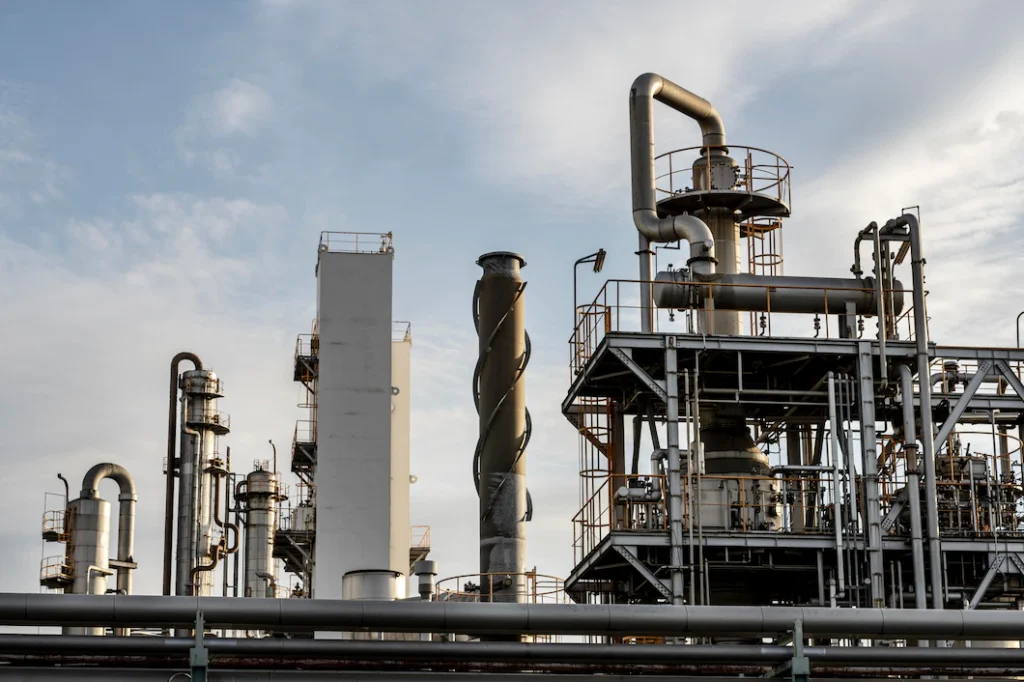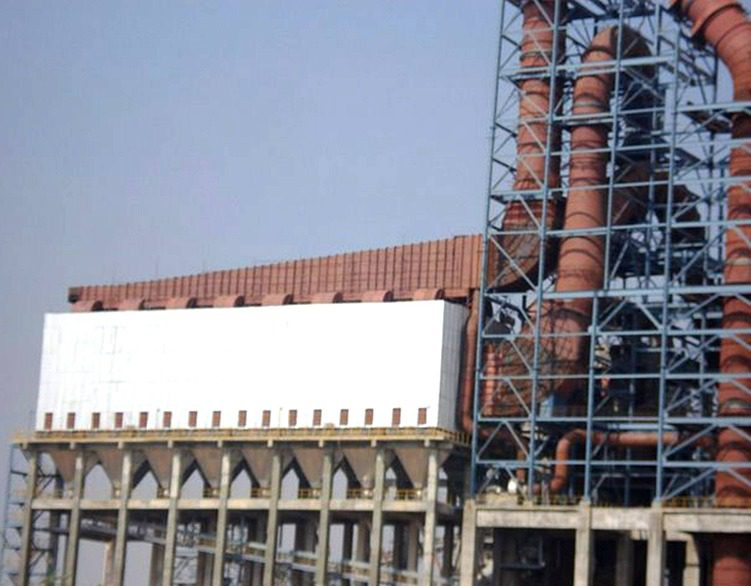Environmental regulations are increasingly stringent, placing greater pressure on industries to meet compliance standards. As a result, the role of effective filtration systems has become pivotal in helping industries not only adhere to regulations but also exceed environmental compliance requirements. This blog delves into the evolving landscape of environmental compliance and explores the ways innovative filtration technologies are contributing to a cleaner and more sustainable future.
The Ever-Growing Emphasis on Environmental Compliance Challenges
In today’s world, where environmental awareness is at an all-time high, governments and regulatory bodies are placing growing emphasis on environmental compliance. These agencies are tirelessly working to protect the planet by imposing stricter standards for air and water quality, emissions control, and the reduction of industrial pollution. The consequences of non-compliance are significant, including hefty fines, legal actions, and a tarnished corporate reputation. In this light, industries face the continuous challenge of staying in line with ever-evolving environmental regulations.

The Intrinsic Link Between Filtration and Compliance
The importance of hệ thống lọc in maintaining environmental compliance cannot be overstated. They serve as the primary barrier between industrial processes and the surrounding environment, preventing pollutants, particulates, and harmful substances from being discharged. Effective filtration is not just about meeting regulatory standards; it’s about ensuring that operations have minimal environmental impact. By acting as the first line of defense, these systems are critical in safeguarding public health, reducing the environmental footprint, and ensuring businesses adhere to emission and discharge standards.
Innovations in Filtration Technology
Recent years have witnessed significant advancements in filtration technology. These innovations not only cater to compliance requirements but also empower industries to exceed their environmental targets. Modern filtration technologies offer much more than just particle removal; they optimize efficiency, reduce energy consumption, and extend the lifecycle of filtration systems.
One such pioneering solution is the Electrostatic Precipitator (ESP) Retrofit. Renowned for its exceptional particle removal efficiency, ESPs have been instrumental in enhancing the performance of filtration systems. Retrofitting existing systems with ESP technology significantly improves filtration efficiency, reduces energy consumption, and helps industries meet stringent emissions standards cost-effectively.
Baghouse Filters: Sustainable Compliance Solutions

Baghouse filters are another linchpin of effective environmental compliance. Contemporary baghouse filter systems are meticulously designed for sustainability. They feature durable materials, reduced maintenance requirements, and superior filtration efficiency. These systems offer more than just compliance; they are vital in achieving operational cost savings by prolonging filter life and minimizing downtime.
Striving for Sustainability
While compliance is a vital milestone, forward-thinking industries have set their sights on more ambitious sustainability goals. These businesses recognize that environmental responsibility transcends regulatory standards. Filtration technologies, with their efficiency and sustainability features, empower industries to reduce their environmental footprint, enhance air quality, and solidify their corporate image.
In Conclusion Of Environmental Compliance Challenges
Addressing environmental compliance challenges with effective filtration systems is not just a regulatory obligation; it’s a commitment to creating a more sustainable future. Innovative filtration technologies are integral to realizing this vision. By adopting these technologies, industries can effortlessly meet compliance standards while making a positive impact on the environment. As environmental regulations evolve, filtration systems continue to be a cornerstone for cleaner, greener, and more sustainable industrial practices. They enable businesses to look beyond compliance, reduce their environmental impact, and assume the role of environmental stewards. In a world where environmental concerns are paramount, filtration technologies stand as a testament to cleaner and more sustainable industrial practices.




